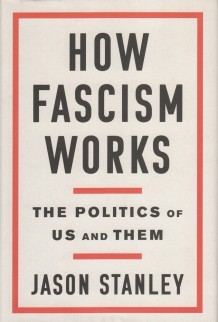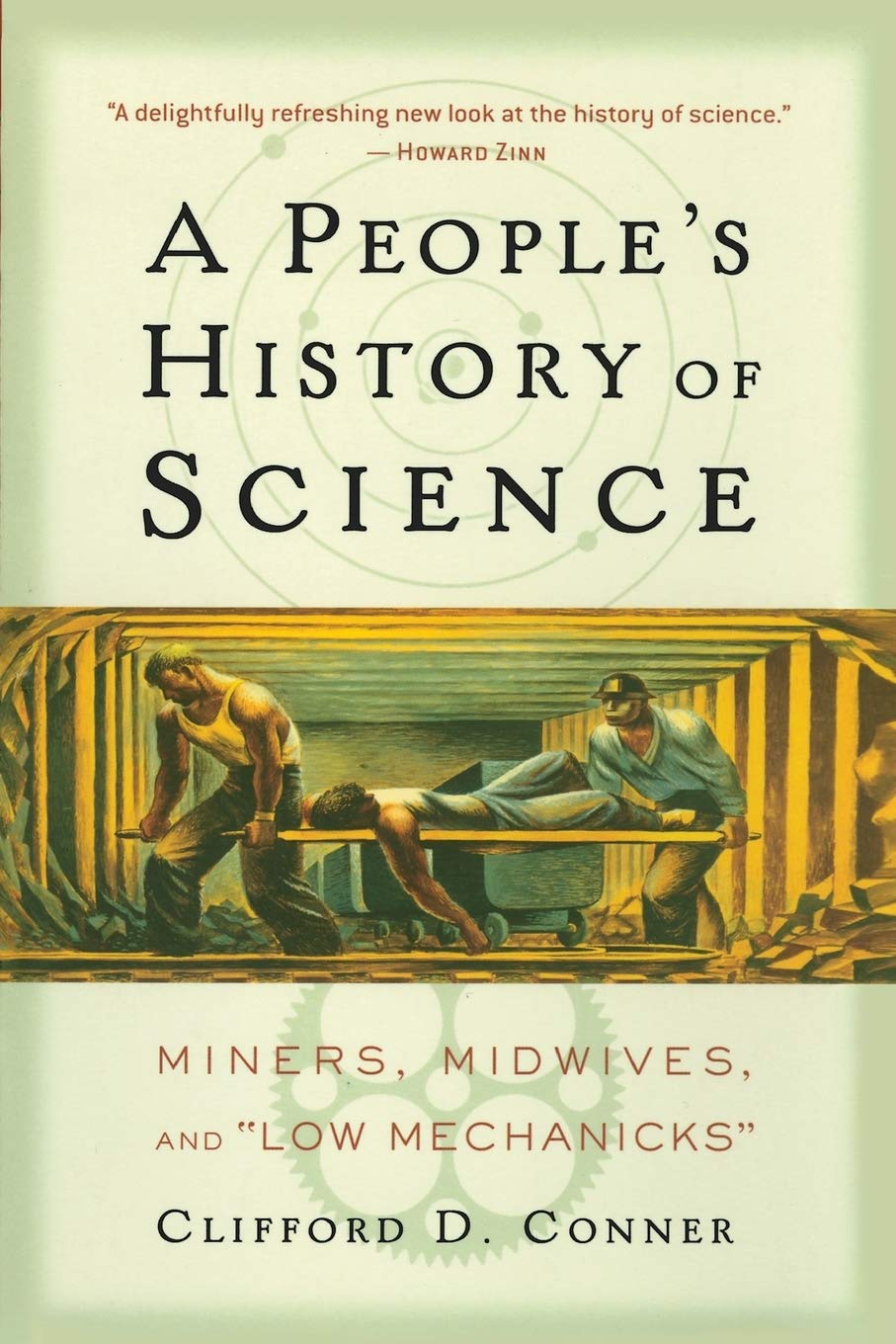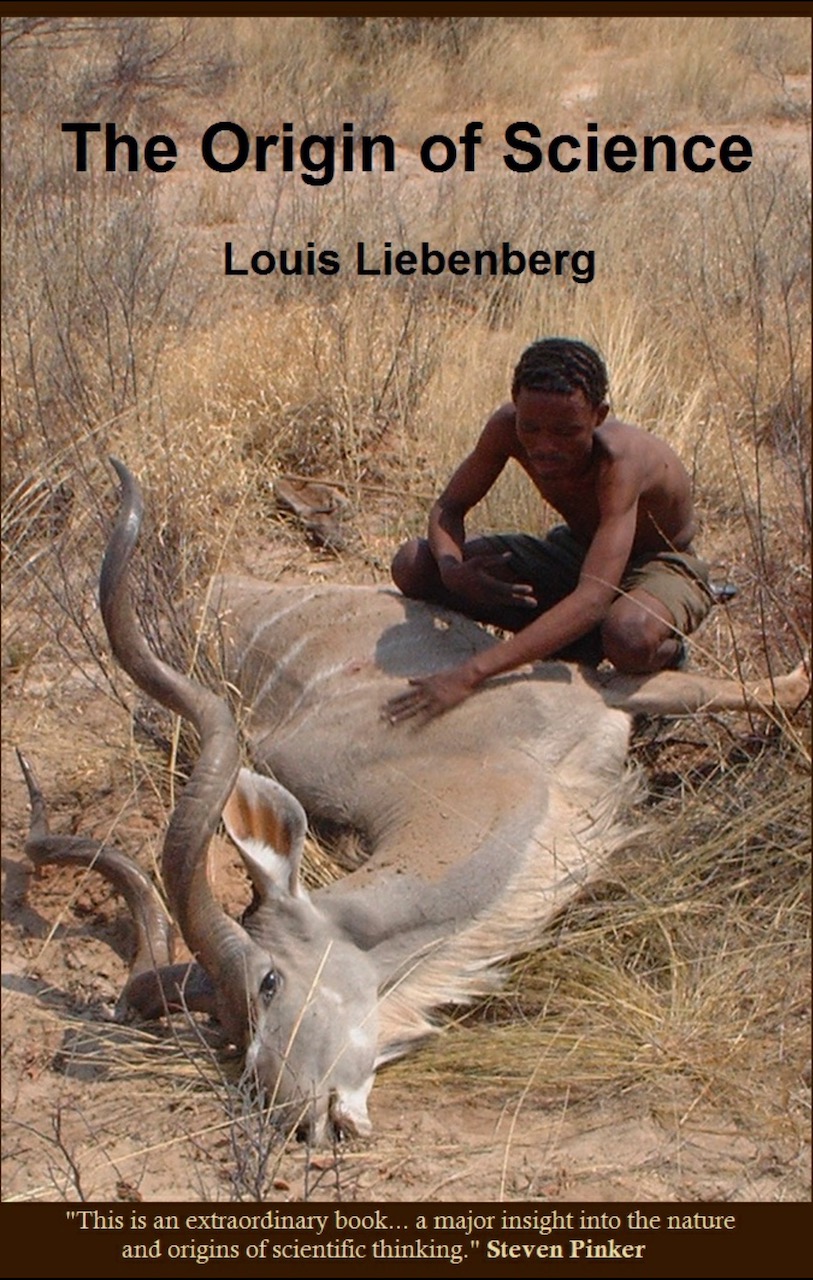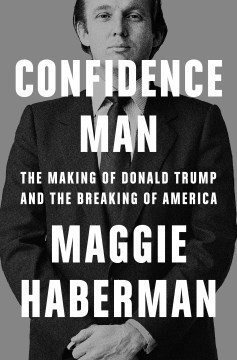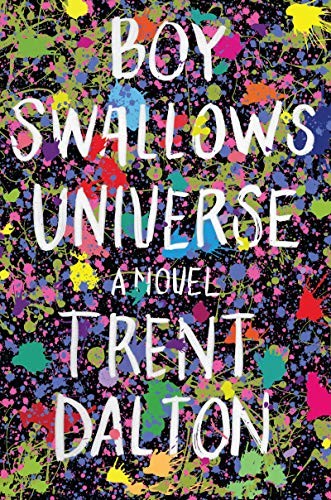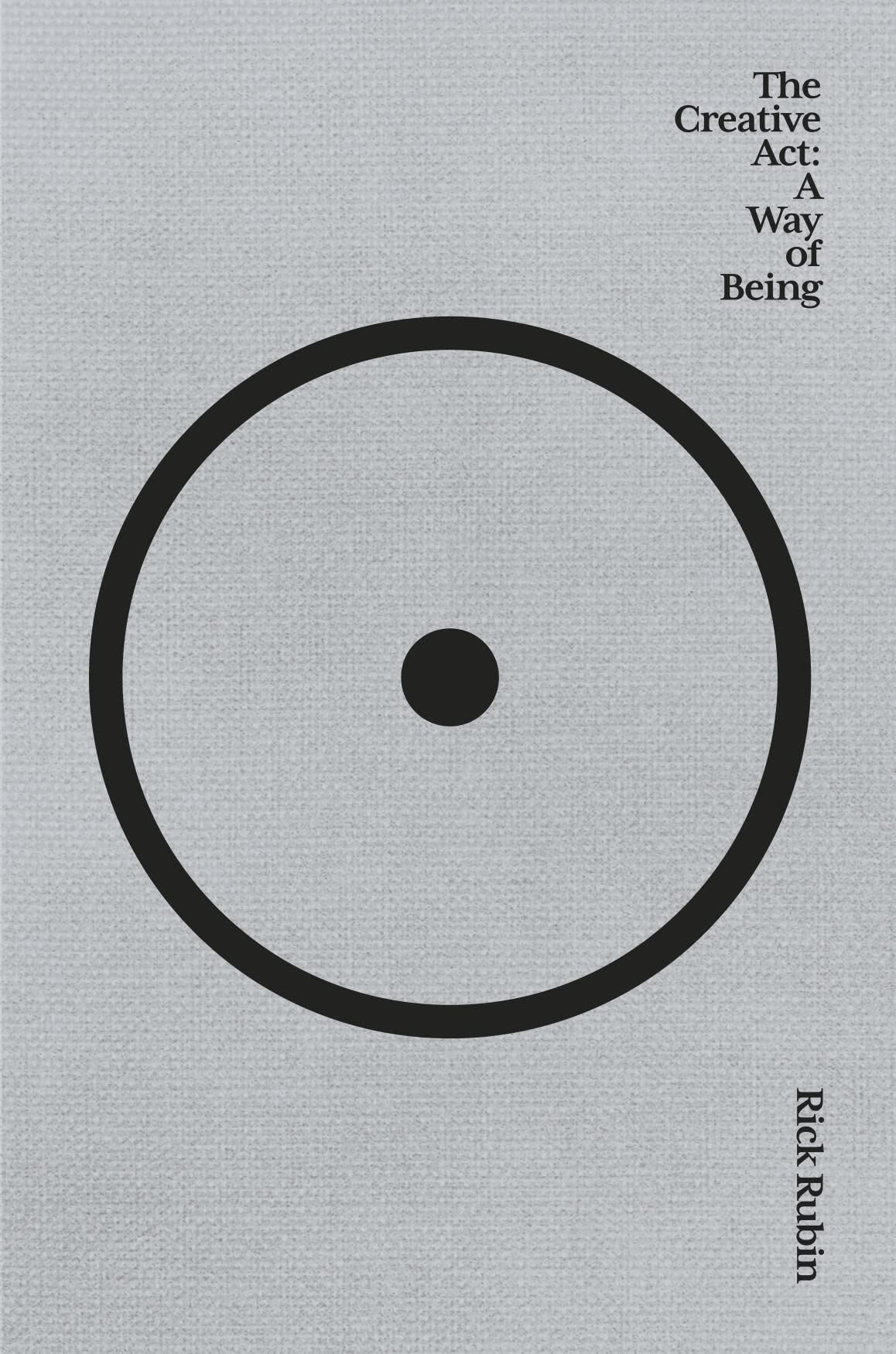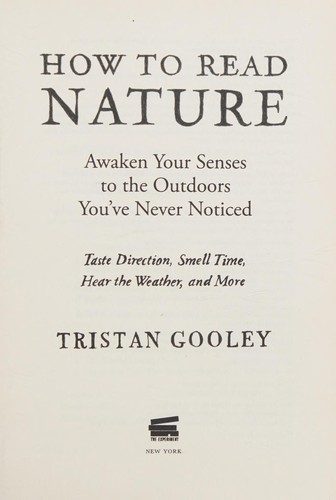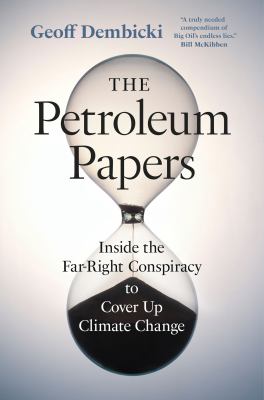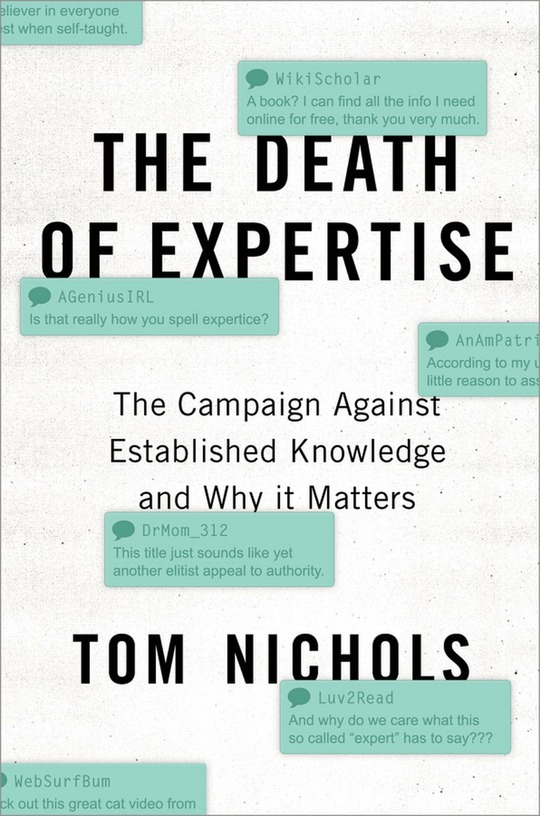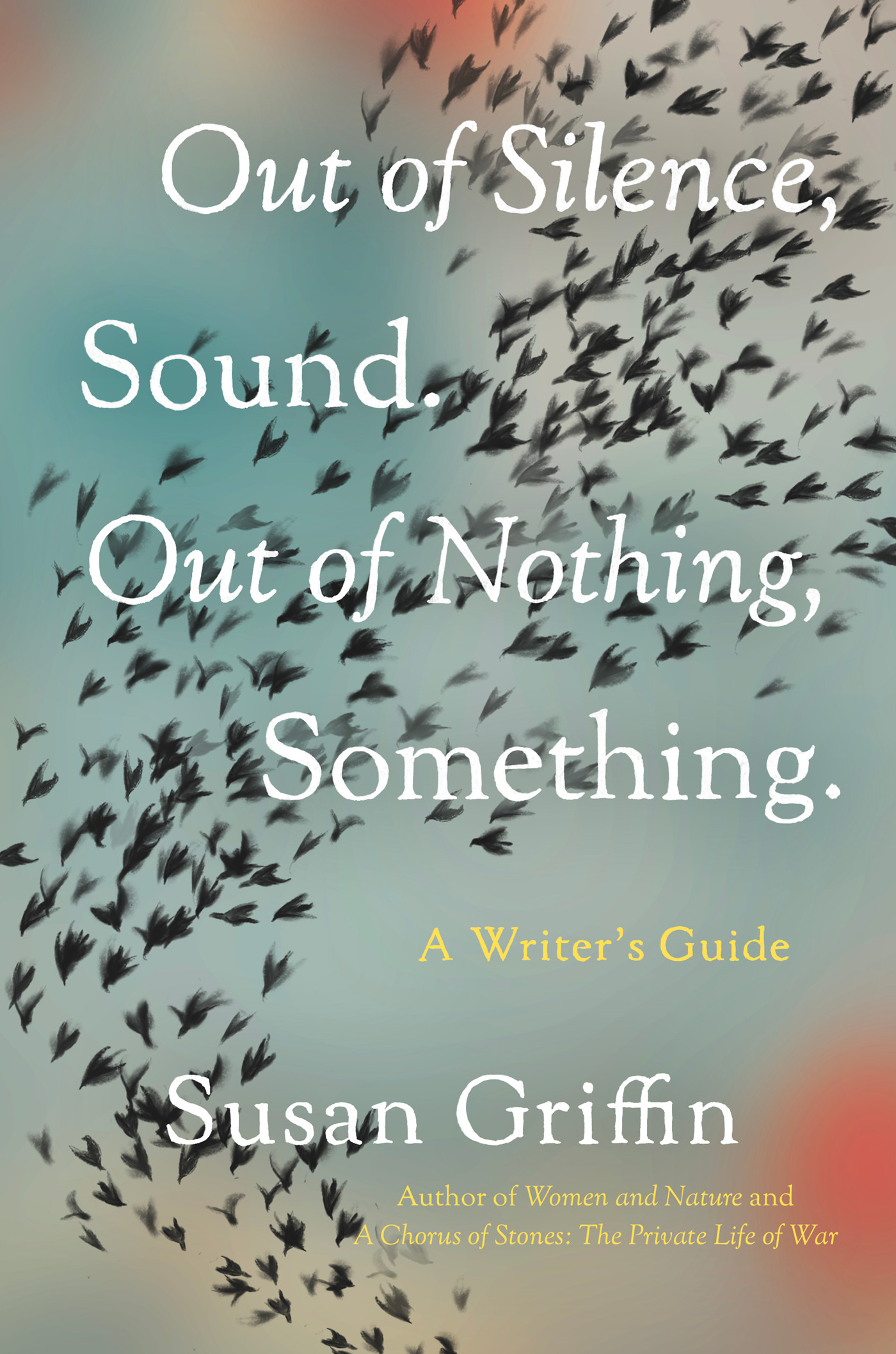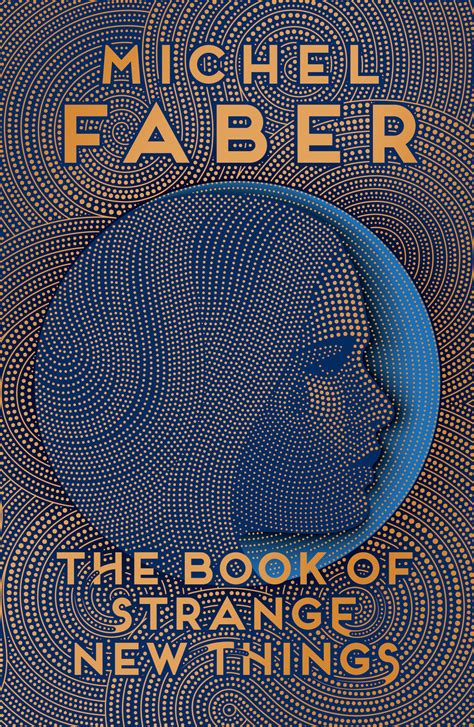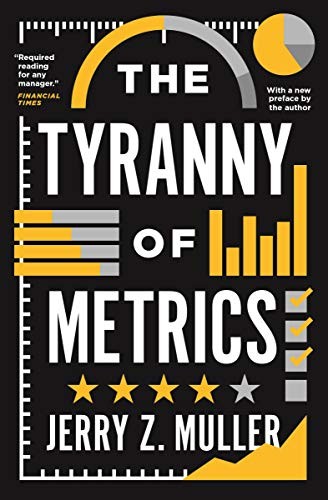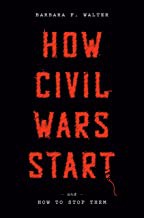Democracy has been in decline around the world for the last several years, as the ascendance of the far-right, including Jair Bolsonaro in Brazil, Marine La Pen in France, the AfD in Germany, and Donald Trump in the United States, has made clear. The health of any democracy can be measured objectively using a polity score, which determines if a country is an autocracy (low polity score), a democracy (high polity score), or an anocracy—something between an autocracy and a democracy. Since Donald Trump was elected in 2016, the polity score for the United States has been in a state of steady decline. After the January 6, 2021 insurrection on the U.S. Capitol, the polity score dropped sufficiently for the U.S. to be recategorized as an anocracy. That means that the United States is no longer the longest-standing continuous democracy. That title now belongs to Switzerland, followed by New Zealand and Canada.
The historical, social, political, and economic factors that determine why countries descend into civil wars are complex. However, two variables can predict the probability of civil war more than others: anocracy and factionalism. Civil wars rarely break out in full democracies or autocracies either because governance is strong and citizens are generally happy in the former, or autocratic rulers use strong-arm tactics to quash uprisings in the latter. The risk of civil war increases when democracies slip into anocracy. Factionalism occurs when people organize themselves into political, economic, racial, or religious groups. Social media is it's most powerful weapon. With the rise of white nationalism, the United States finds itself as a factionalized anocracy, and the risk of civil war is high.
The book's author, Barbara Walter, is a distinguished political scientist who has made civil wars throughout history the focus of her research. Although the particular issues that lead to conflict are specific to each country, the basic factors that lead to civil war—such as poor governance or government institutions, economic or social disparity, or racial injustice—are remarkably similar. Countries that have been on the path to civil war but have managed to avoid it have all strengthened their democracies through improved governance, equality, and education. Walter also recommends global efforts to regulate social media in a way that preserves democracies around the world while at the same time protects free speech.
I found this book disturbing. If it wasn't clear before January 6, 2021 that even the strongest democracies are fragile and need to be defended against aggrieved authoritarian factions, it should be after reading this book. Walter's thorough and thoughtful research into the geopolitical, social, and economic forces that drive countries toward civil war, synthesized in crystal clear prose, provides a valuable mirror that we can use to reflect on ourselves and correct our course before it becomes too late. Her insight and wisdom hasn't come a moment too soon. Everyone who cares about democracy should read this book.

